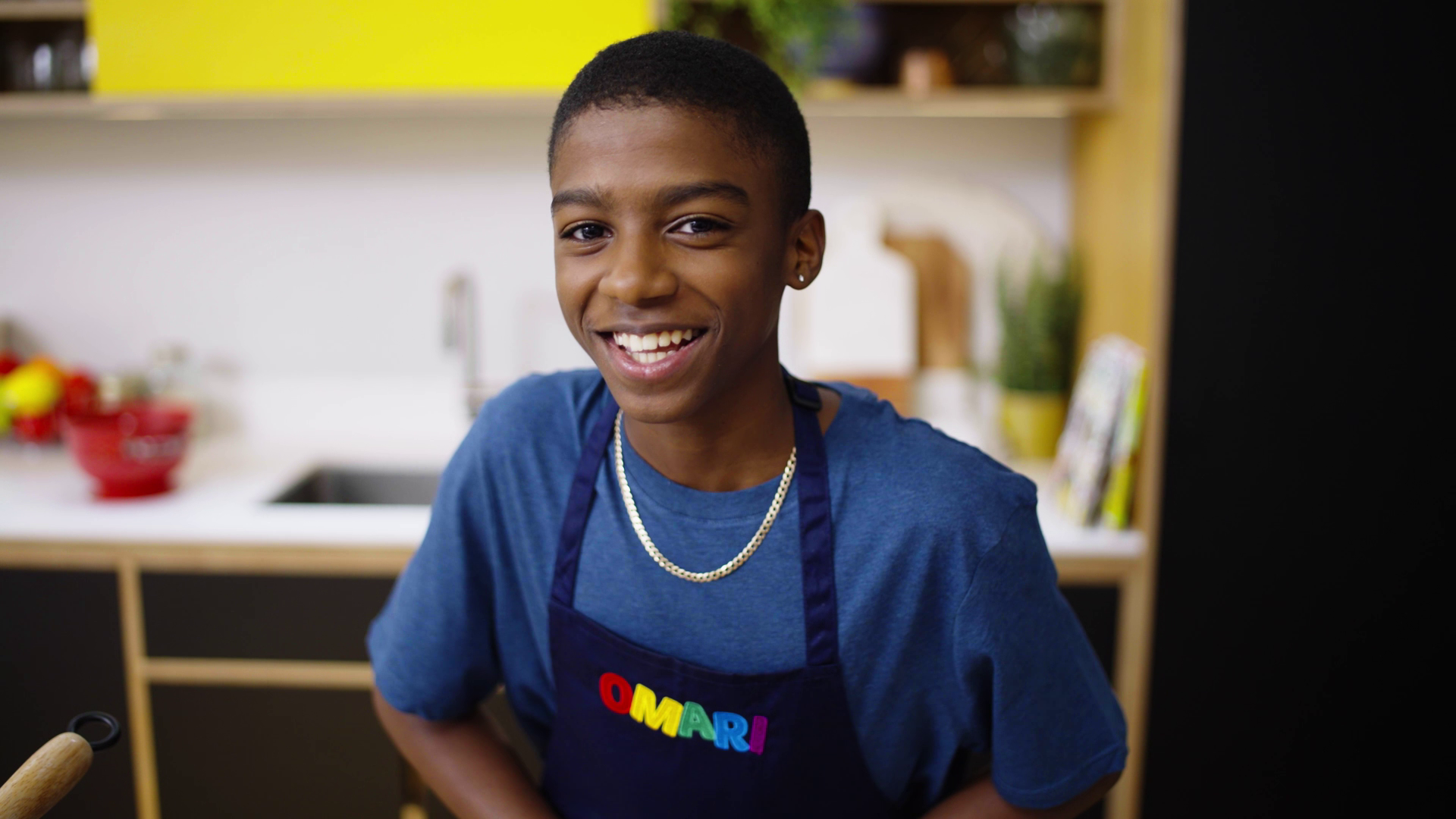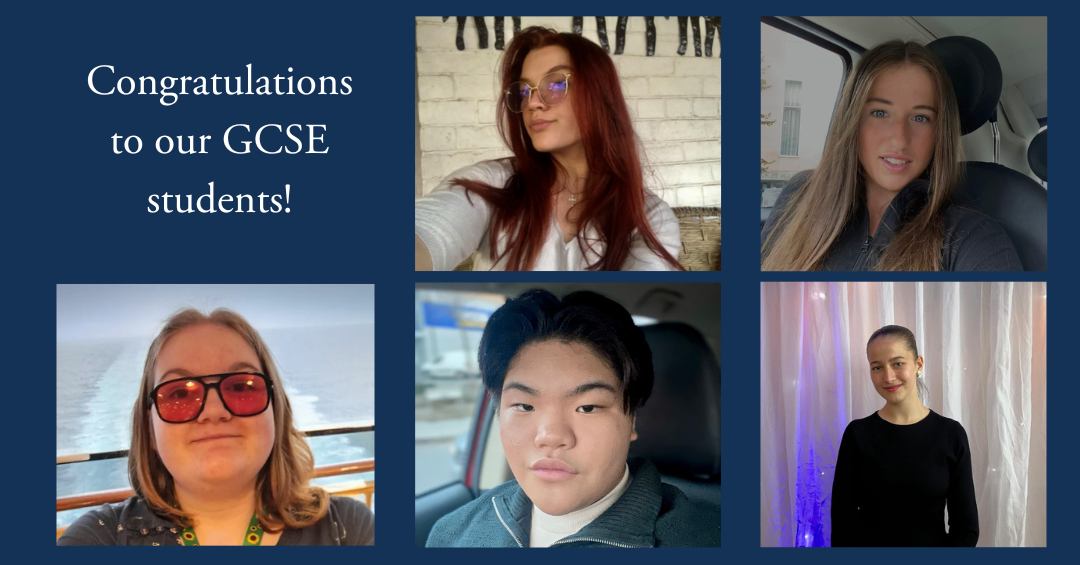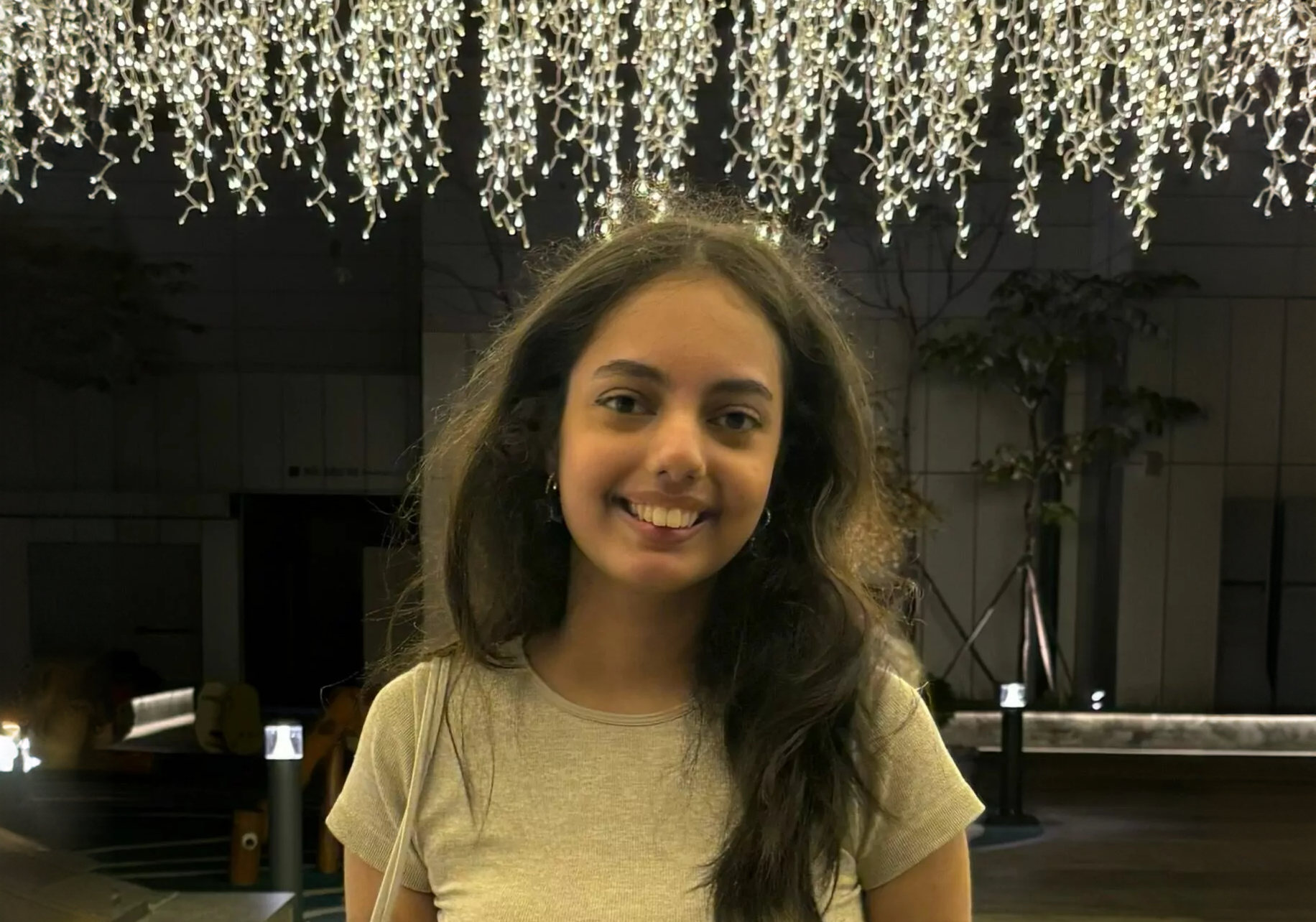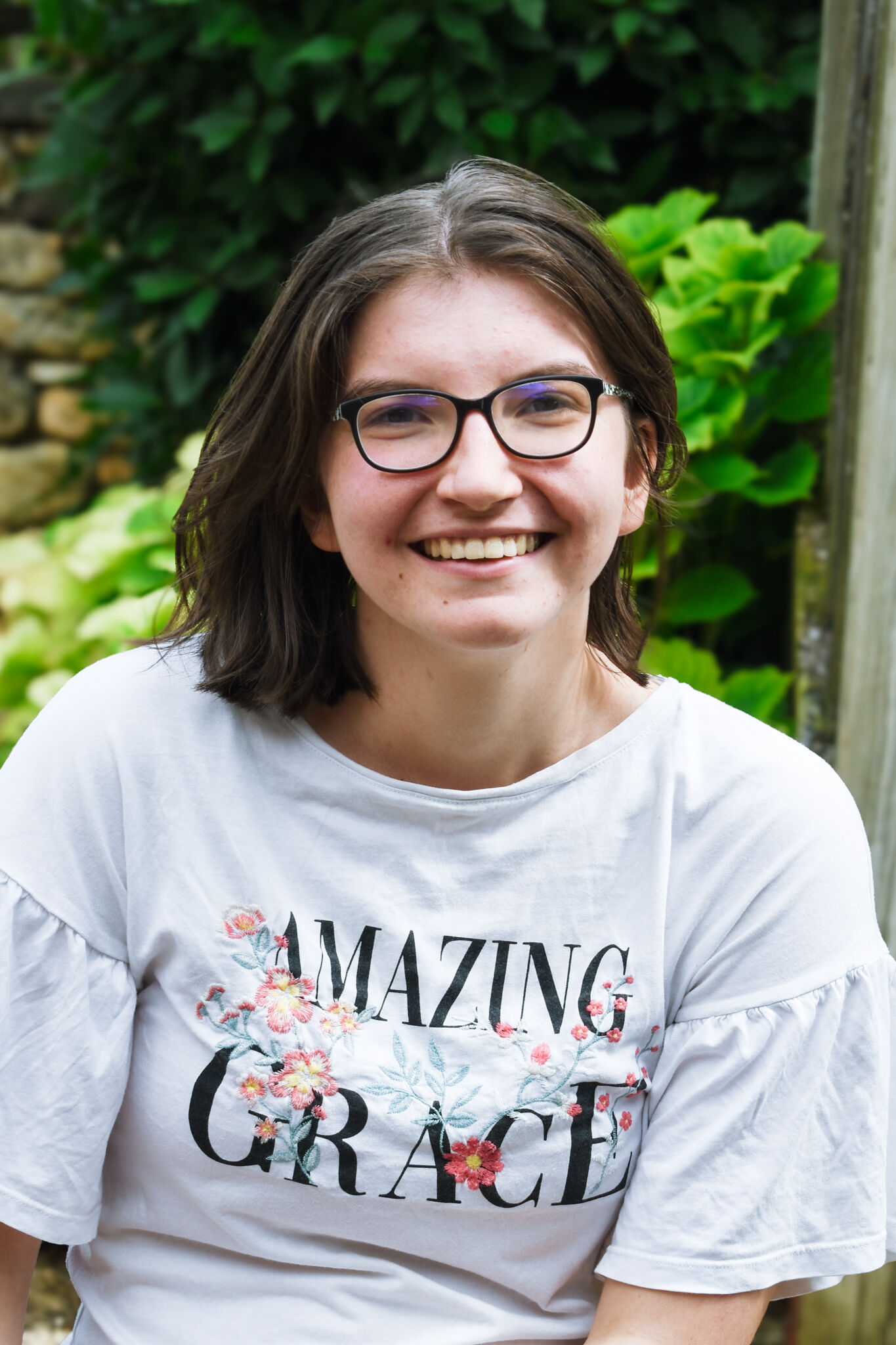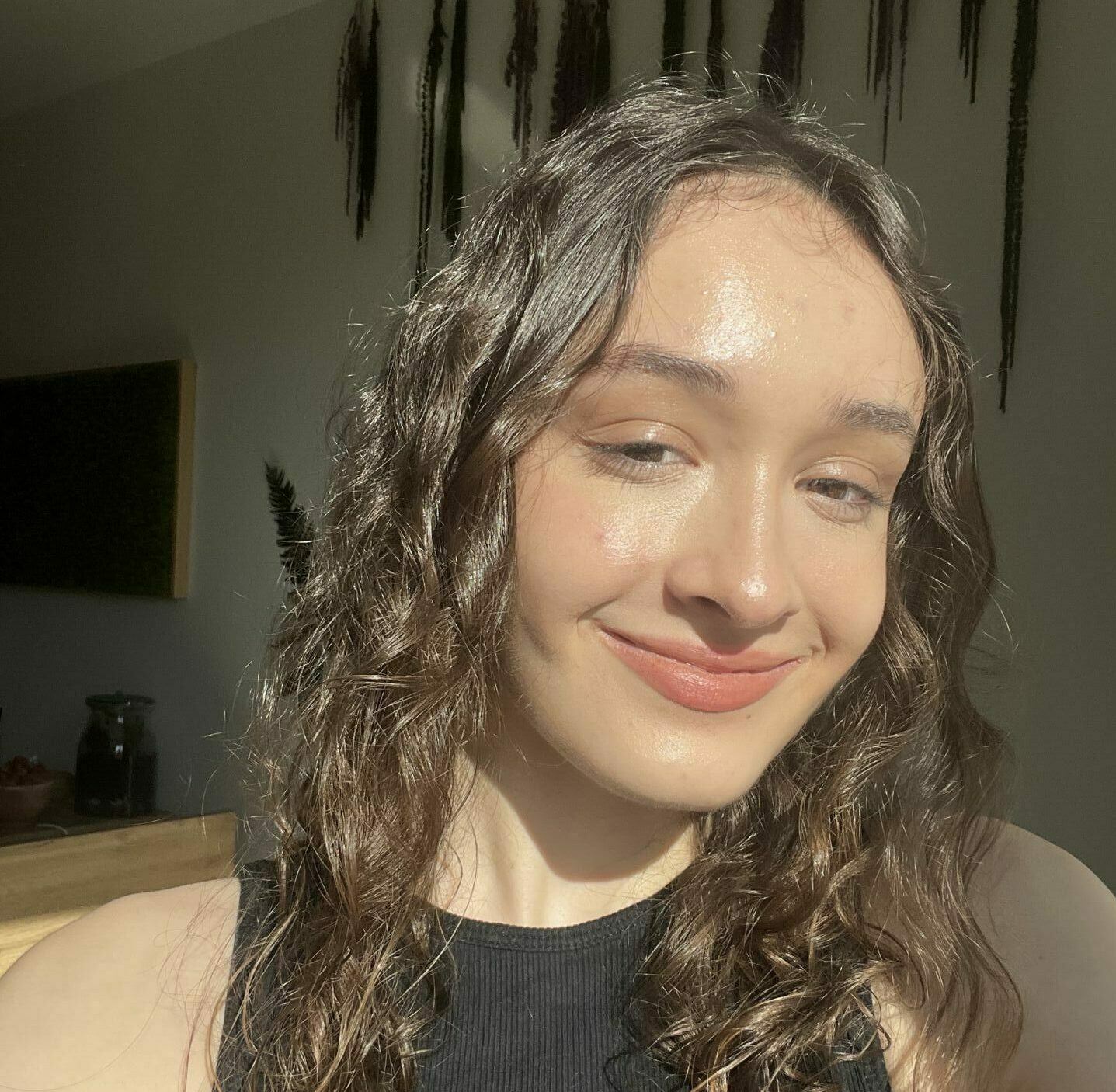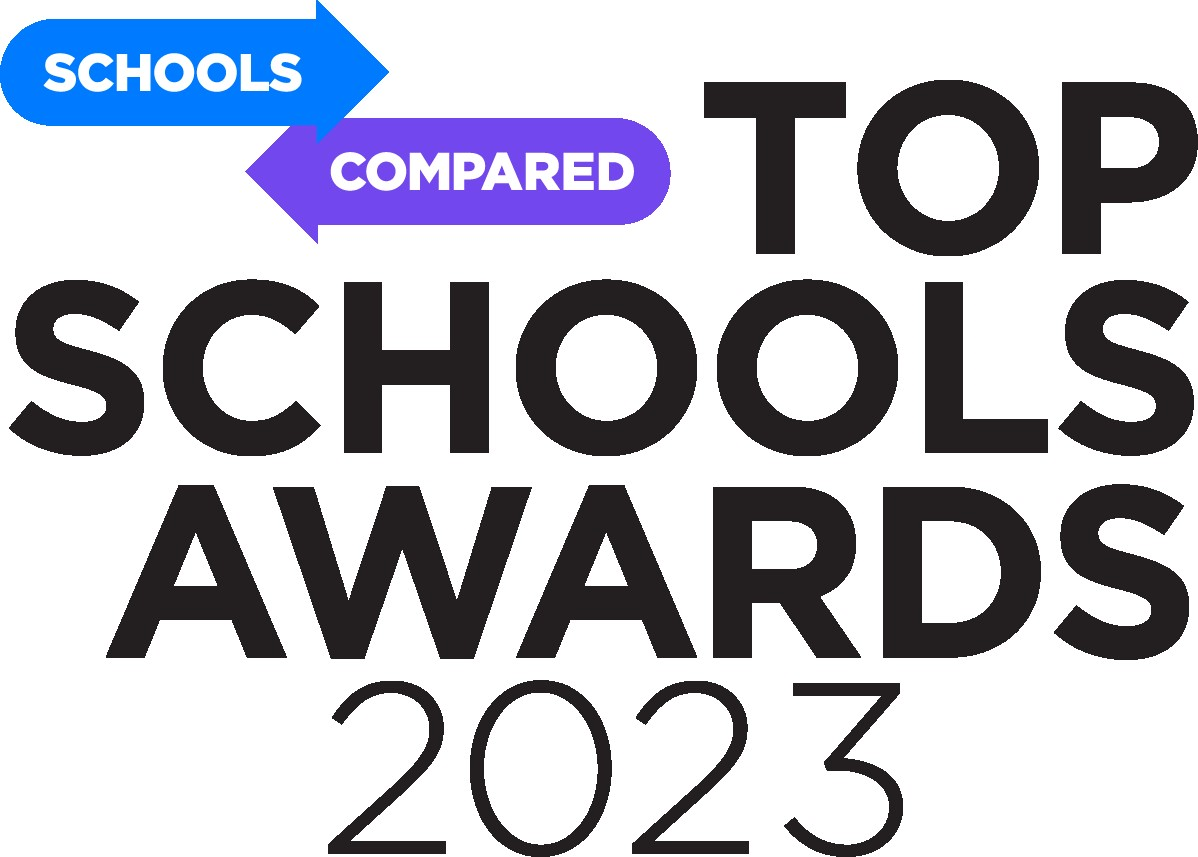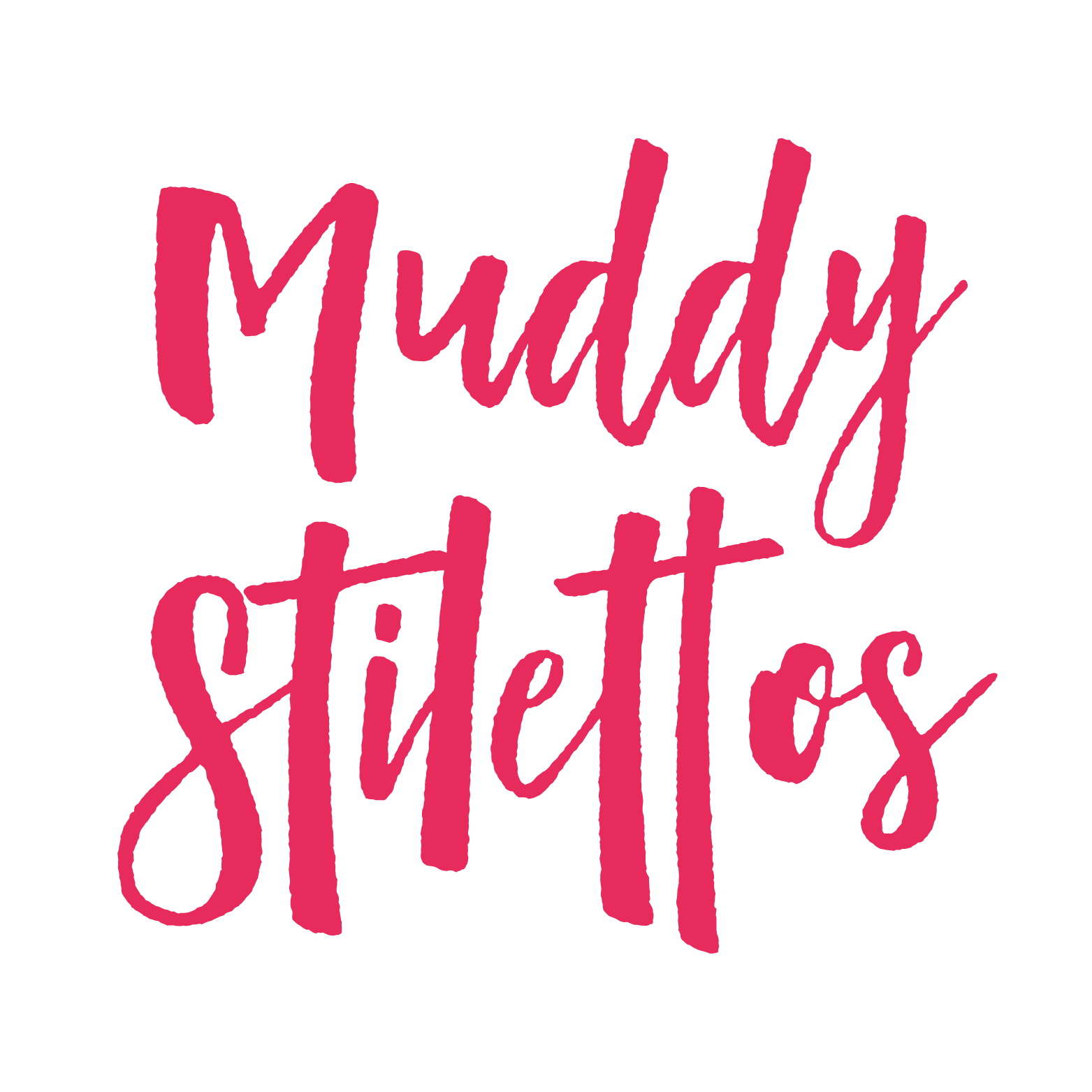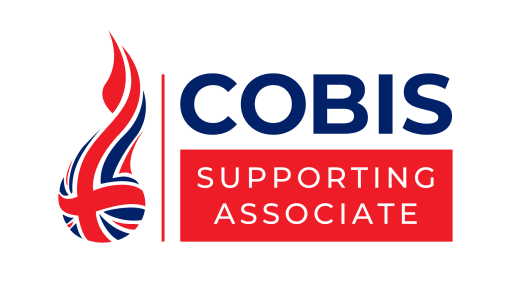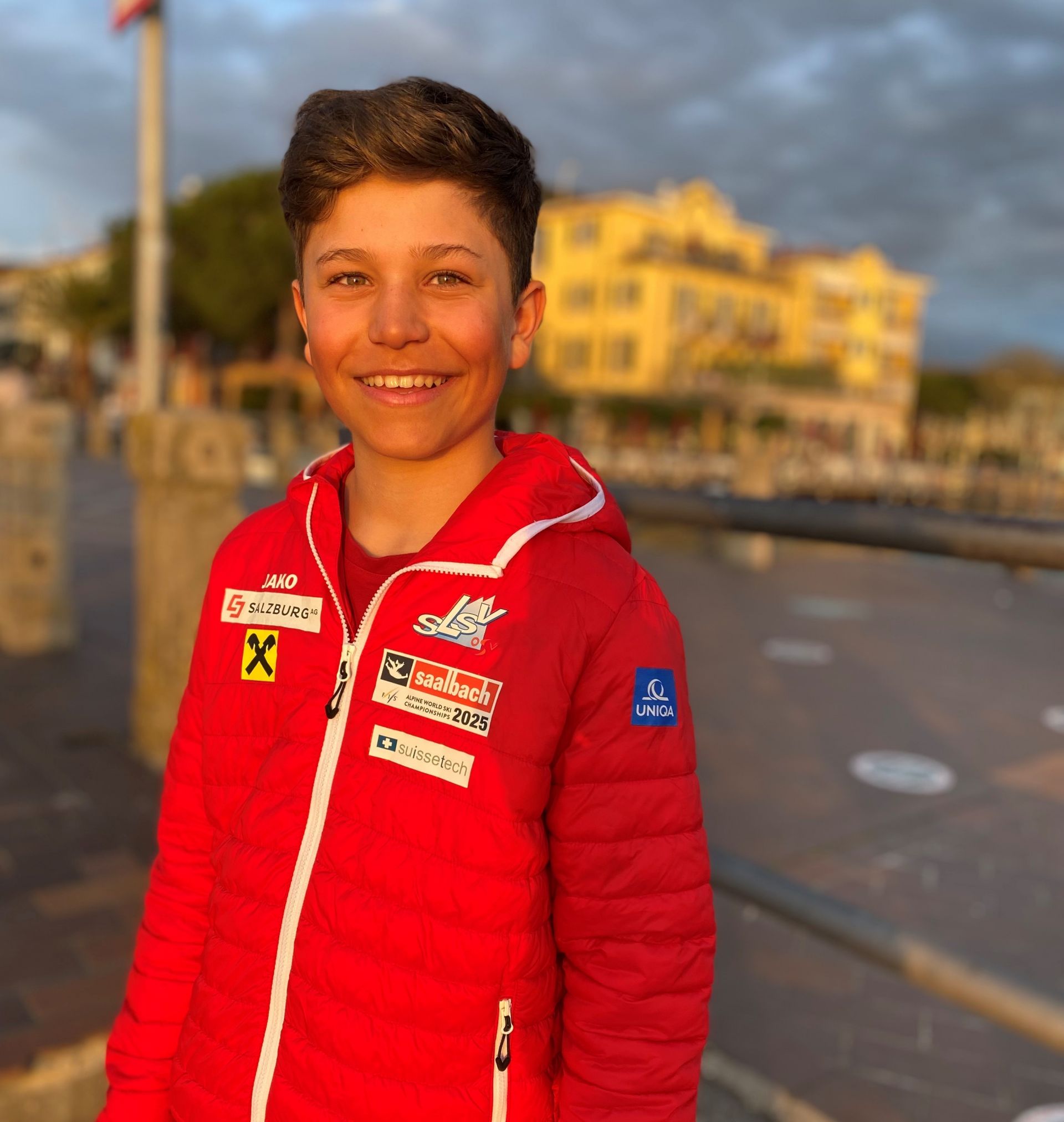
Story/Interview January 26, 2023
Fitting school around ski race training | Lukas Maier, Ski Racer
14-year-old ski racer Lukas Maier spends half the year training in Austria, and the other half in Australia and New Zealand. With online learning, he’s not fixed to one location. He can train wherever the conditions are best, alongside Christoph, his father and coach.
Lukas has dyslexia, which made keeping up with the pace of a traditional school challenging. But at King’s InterHigh, he can work at a speed that suits him. He knew online school could help him reach his full potential, and he encourages anyone who thinks it’s right for them to follow in his footsteps.
Tell us a bit about yourself, and how you got into ski racing.
I’ve been into skiing since I was one and a half years old. In Austria, it doesn't matter if you want to become a ski racer or not – everyone gets into skiing. I loved winning and I loved racing. That's pretty much why I started ski racing. I went to an Austrian public school, and it didn't really work out that well. But online school is working perfectly right now.
You were chosen for a selective sporting academy when you were 10. How did that happen?
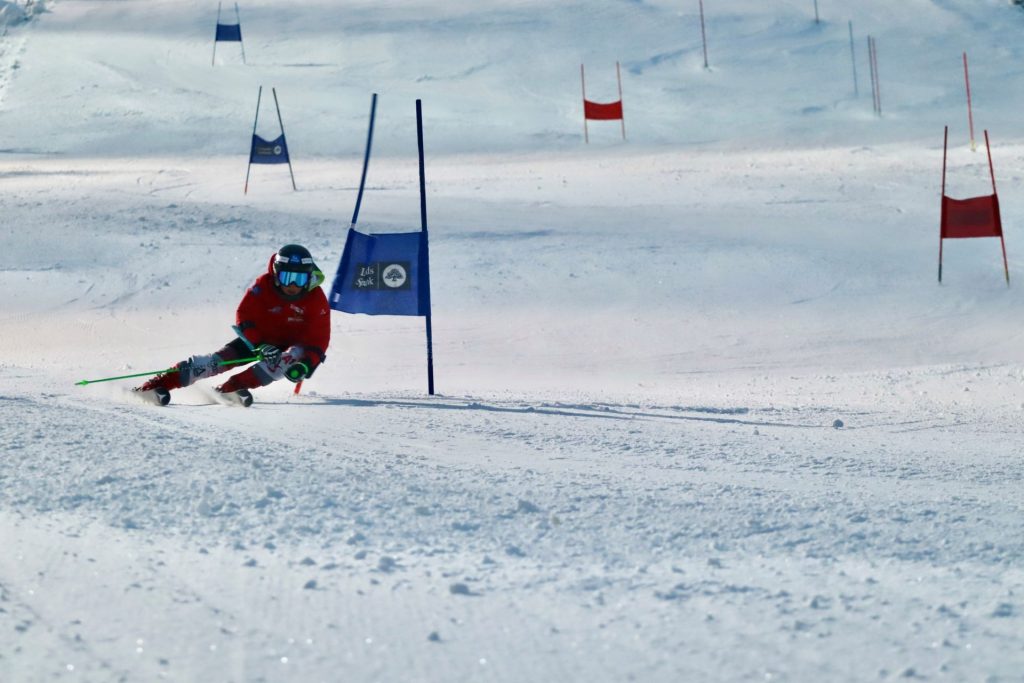
After Primary school I had the option to try out for an Austrian Grammar School with a focus on sports. They only choose around 25 kids each year, and I was lucky enough to be one of them. To get in, you’re not allowed to have grades below a B in primary school, and you also need to do a sports try-out day. It’s quite competitive as kids from all over Austria apply and try to get in. I wanted to attend this school because I knew that I wanted to chase my dream to be the best – I think I already knew this since my first Kindergarten ski race!
How has your dyslexia affected your skiing and learning journey?
It’s affected me positively, but there's been downsides with learning and pacing myself. Grammar School in Austria is very fast, so I had a hard time keeping up with academics and sports. I didn’t know I was dyslexic until I attended the Grammar School. Being dyslexic means things take more time to process – with a big training schedule, it was hard for me to keep up. But it's working now.
How does online learning support this?
We didn't have recordings at my old school. So if you forgot something, it was tricky to catch up afterwards. And if I wanted to ski in the afternoon, I'd be tired. With online schooling, I can ski in the morning in great conditions, and then head back home and catch up with school in the afternoon. At my pace, in my own time, and that works out perfectly.
With King’s InterHigh, we can train at the right times to have good-quality training and then fit the schooling around the sport, and not the other way around.
"With online schooling, I can ski in the morning in great conditions, and then catch up with school in the afternoon. At my pace, in my own time, and that works out perfectly."
What does your typical training programme look like?
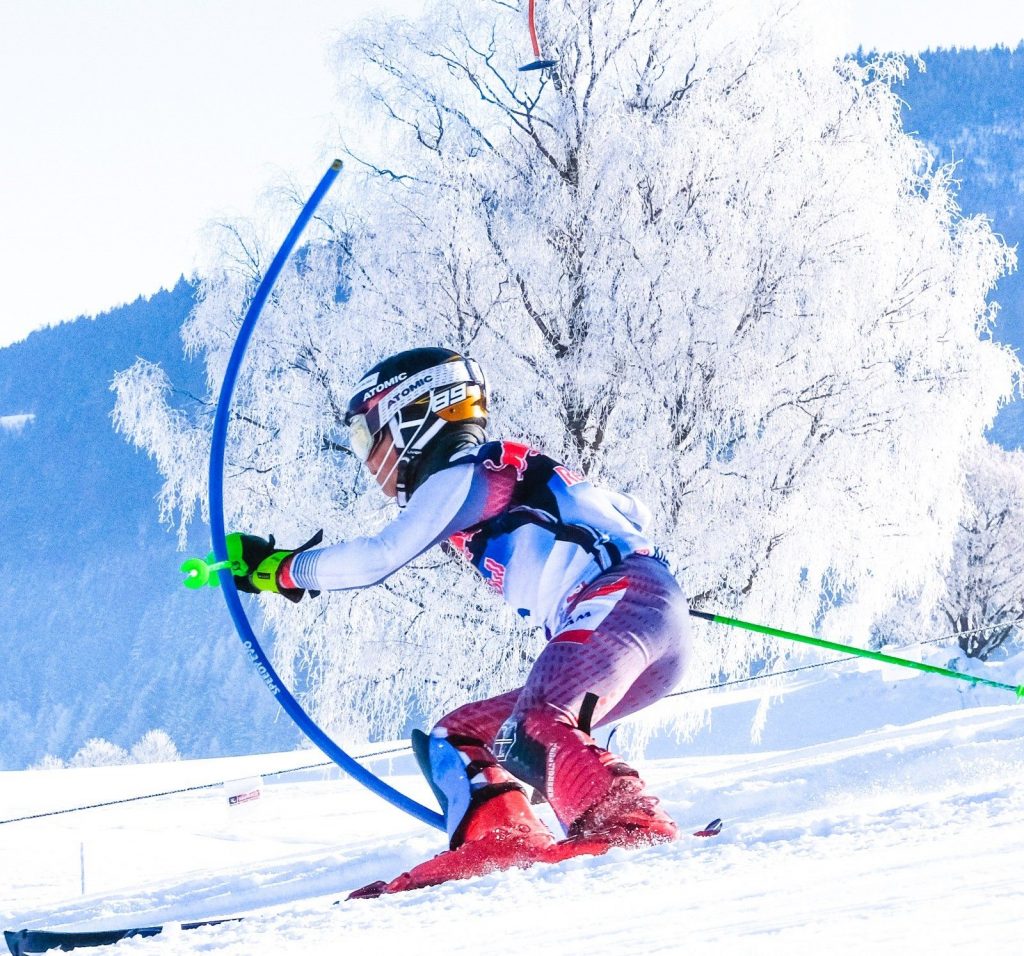
I'm in Perth, Australia, right now visiting family. But I was training in New Zealand for 3 months before coming to Perth. In New Zealand, I woke up at 5am, ate breakfast, then we drove for just over an hour to the ski lift. Once we got there, we skied for around 4 hours. After skiing, we go home and start recovery training. Then I catch up with school in the afternoon. It’s a pretty basic routine, but it takes the energy out of you!
One big advantage of online school is we’re not fixed to one location. Austrian schools started again in September, but the conditions were still great in Australia and New Zealand for training. So we use that time to train. Online learning isn’t just helpful for daily flexibility, but for planning the entire training year too.
Christoph, you’re Lukas’s trainer and father. Does this impact your parent-child relationship?
We try to keep sports out of our home. But when we’re training it's a normal coach-athlete relationship. I make sure that he gets treated the same way as all the other athletes in our programme. When the athlete is your son, you have a personal interest in their success.
How do the skiing communities compare between Europe, and Australia and New Zealand?
Skiing is big in Austria. There’s more structure, more training, more focus. Australia and New Zealand want their teams to be the best, too. But they’re more relaxed, and they (Ski Federation) provide less. If you're in the Australia or New Zealand team, you have to invest more.
In Austria, as soon as you’re in the state team or the national team, you can get funded. In Australia and New Zealand, you have to pay all the way until you reach World Cup-level. The support network isn’t there.
“Online learning isn’t just helpful for daily flexibility, but for planning the entire training year too.”
What are your favourite subjects to study?
My favourite subject is film studies. I like camera work, filming techniques and VFX.
What kind of films do you like to watch?
I like action, and particularly Marvel movies. Not just because it’s Marvel, but because of how detailed it is. I like to dig deeper into that kind of stuff.
What advice would you give anyone considering joining King’s InterHigh?
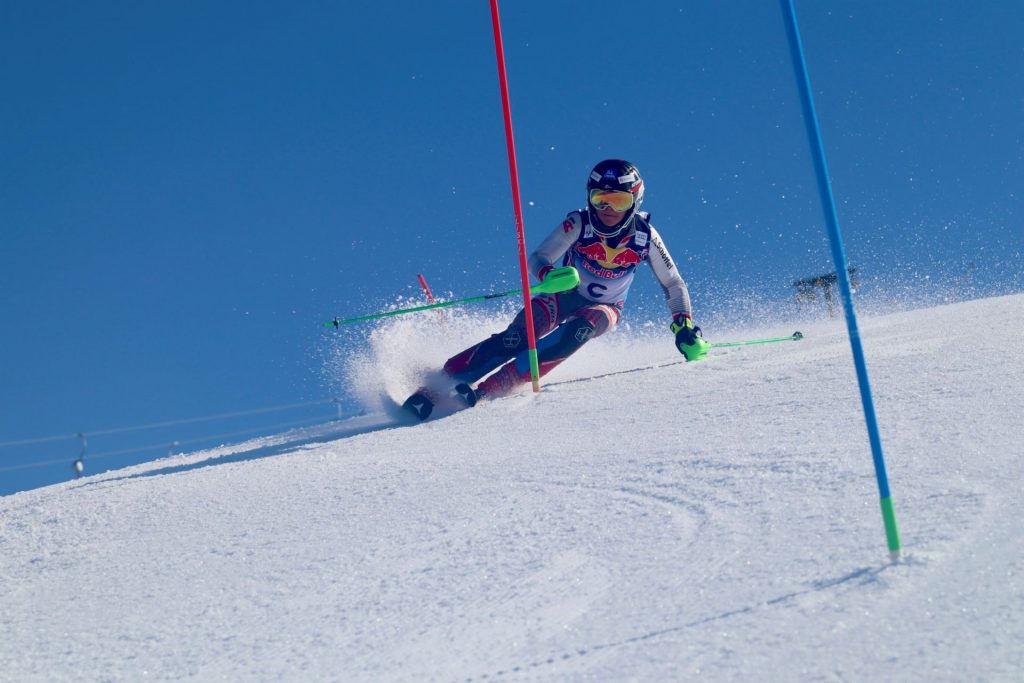
I did something totally different than any Austrian person I know. But I had the opportunity and I took it. People did think it was a bit weird, but I knew it works for me and I needed to be the best. I’d say go the way you want to, and don't worry about what other people think.
If you're looking for flexibility, then this is a great option. It’s one of the only possibilities to be flexible in terms of location, and it can fit around your training schedule.
What are your plans for the future?
I’m keeping all my doors open in case I don’t want to continue skiing. But the biggest thing is to get into the World Cup and be the best. I want to be on camera. I know it sounds weird, but I like the fame! I’ll continue what I’m doing to be the best.
“Online learning works for me, and I needed to be the best. I’d say go the way you want to, and don't worry about what other people think.”



